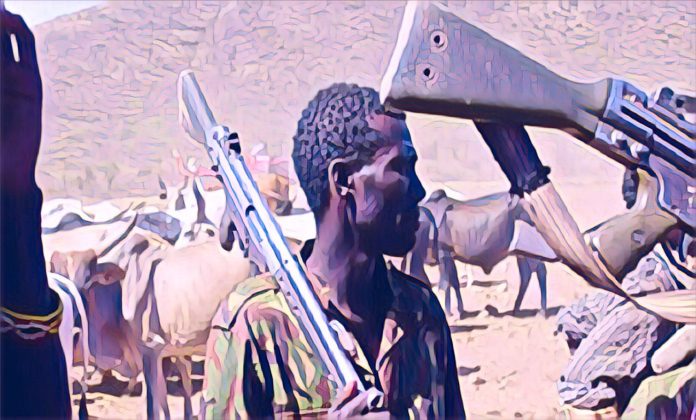Key Points
-
Seventeen people killed in Benue within one month of renewed violence.
-
Armed herders attacked communities, officials, and security personnel.
-
Residents call for urgent government and international intervention.
Violent attacks by armed herders have turned life in several Benue State communities into a nightmare.
At least 17 people have been killed in the past month as the state battles an unending cycle of bloodshed.
The killings have drawn international condemnation, with world leaders urging Nigeria to stop the violence. But the attacks have continued, spreading fear through rural areas.
In one of the deadliest incidents this year, more than 200 people were reported killed in the Yelewata massacre.
President Bola Tinubu directed security agencies to end the violence, yet residents say the situation keeps getting worse.
Security officers have also been victims. Several have died in the line of duty while trying to protect communities from well-armed attackers.
Locals fear the violence is part of a wider plan to seize ancestral lands and displace farming families.
Series of Attacks
Records show that on October 18, armed herders invaded the Dyom settlement in Ukum Local Government Area. They reportedly seized farmlands and homes, forcing residents to flee.
Nine days later, on October 27, gunmen ambushed a security team along the Otukpo–Ohimini road, killing a member of the Nigeria Forest and Hunters Services, Abechi Oche, and Police Inspector Akpan Ogbole of Operation Zenda. The attackers stole their weapons.
On October 28, Kwande Local Government Chairman Vitalis Neji narrowly escaped death when his convoy came under fire. Two people died in the attack, and several others were injured.
The next day, October 29, gunmen stormed Mberev Council Ward near the Benue–Taraba border, killing seven residents in an attempt to take control of the community.
On November 1, former councillor Atindiga Tsebee was killed along the Ayilamo–Anyiin road while returning from a security meeting. A member of the Benue State House of Assembly in the same convoy escaped unharmed.
That day, herders also set fire to a rice farm worth over ₦20 million in Gwer West Local Government Area after residents stopped their cattle from grazing there.
Continued Bloodshed
The violence persisted into November. On November 3, four people were killed in Anwule community, Ohimini Local Government Area.
The following day, a farmer and local barber, Thomas Edeh, was shot dead while working on his land in Rijo community, Ado Local Government Area.
Community leaders say the repeated attacks show that the perpetrators have grown more daring. Despite national outrage and global criticism, there’s been little progress in restoring safety.
“People are living in fear. Every week, someone is attacked or killed,” one local elder said. “We’ve buried too many.”
The state government has called for urgent federal intervention to halt the violence. But for now, Benue’s villages remain tense, scarred by loss, and uncertain of what tomorrow will bring.



